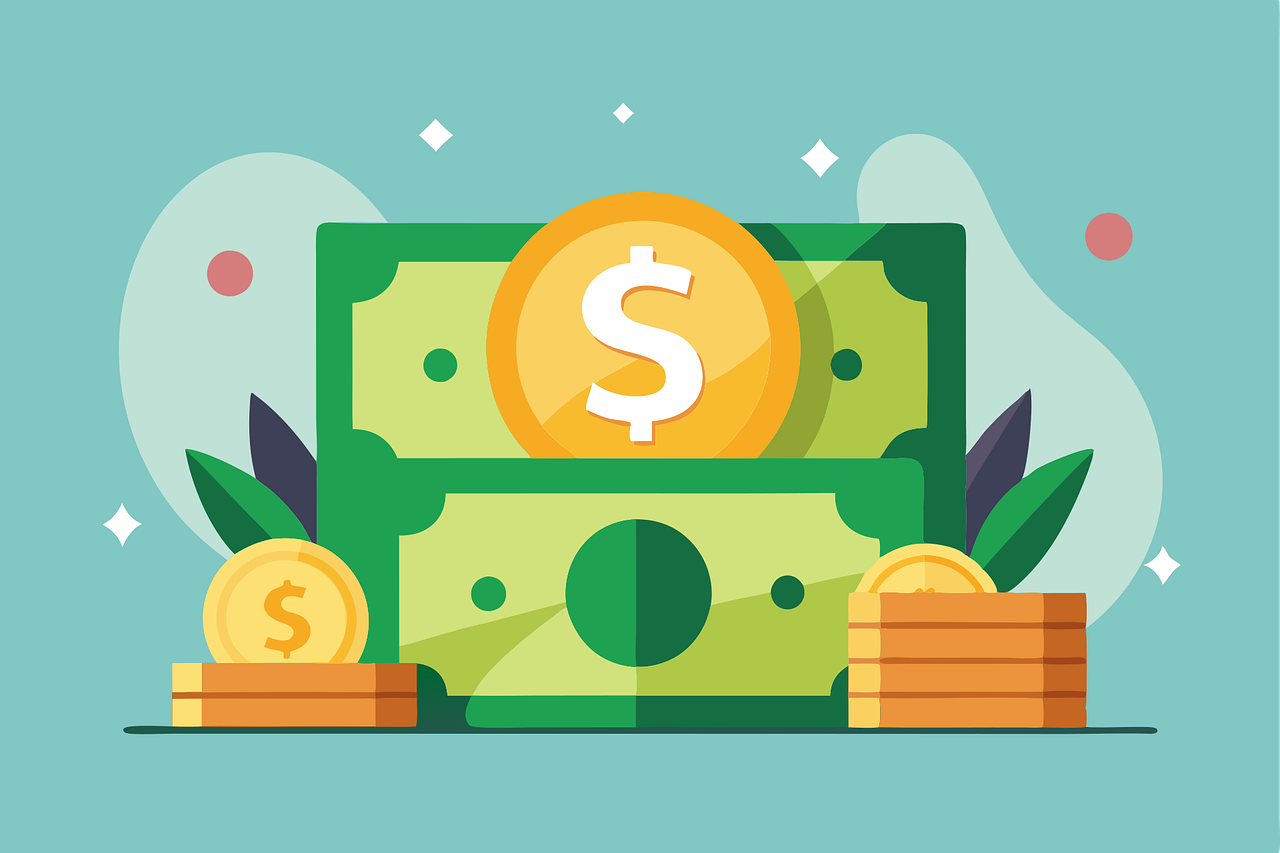If you’re learning how to save money, it’s important to start from the very basics. The five foundations of personal finance are the crucial rules that you need to follow if you want to really improve your material situation and maybe even reach financial freedom.
But what are the five foundations of personal finance? Look no further, here at CashYeah we’ve prepared a guide to help you start your personal finance journey!
What Are The Five Foundations of Personal Finance?
These are the five rules that should provide a general guide to every financial decision if you want to achieve financial success. The five foundations of personal finance are:
- Build an emergency fund ($500 or more)
- Pay off your debts first
- Pay for your car with cash
- Pay for school with cash
- Build wealth and invest
Following these foundations can lead to more flexibility in budgeting and spending, as reduced financial obligations provide greater freedom and options.
Here is a bit more of an in-depth explanation of each of them:
An Emergency Fund

Building wealth without any security behind it is a very risky endeavor, since you can lose it all relatively quickly. To secure your finances, it’s crucial to prepare an emergency fund to help you survive financially unscathed out of any economic turmoil.
These are certainly rocky times for the world economy, and a severe crisis catching you unprepared can completely ruin you financially. A real emergency fund can save you and help you to weather the difficult times.
While it might seem annoying to put aside a portion of your money every month to just sit there, an emergency fund is a crucial part of any personal financial success and planning. How much your emergency fund should be ultimately depends on your financial and spending habits. Try to keep the fund to the most important necessities, ideally spread through a couple of months. Also, make sure you invest the money instead of simply keeping it in cash.
Pay Off Debts
Credit card debt is the one thing you should avoid when working out your budget and personal finance. While borrowing money or things can save you in a tight spot, you should absolutely avoid it, if you can.
Debt can easily accumulate, which can not only destroy your finances, but ruin your credit score as well. Remember, ruining your personal finances is not worth it to purchase gadgets or go on a trip that you don’t need.
While you should completely avoid debts in general, if you took on a debt, pay it off first ahead of any expenses. Make sure to check out other methods, such as the debt snowball method, which you can learn about in our guide on how to get out of debt! By focusing on eliminating the smallest debt first, you can create momentum and stay motivated as you progress toward becoming debt-free.
Pay for your car with cash

A lot of financial research shows that cars are one of the largest expenses in almost any American household. That’s why one of the five foundations of personal finance is to always pay for your car with cash.
Since it’s such a significant part of American budgets, the car and any investments it might require certainly deserve their own separate point. If you can, absolutely avoid taking out a loan, leasing, or borrowing money towards any unnecessary purchases for your car.
It’s perfectly normal that if your car suddenly breaks and needs additional fixing, you might have to borrow money for sudden repairs, but if it’s not an emergency, make sure to only pay for your car with cash.
Also, make sure you’re not overpaying for fancy extra features, which cost a lot of money but are absolutely unnecessary. While it’s nice to add some comfort and quality-of-life upgrades to a vehicle that you’ll most likely be using for a long time, it’s best to spend that extra money on improved engine or other important parts.
Pay for school with cash

Another source of financial troubles for many Americans are the various expansive school loans. Higher education has become significantly more expansive over the years, and the tuition prices have went up as well, often leading many Americans to pursue school loans, often far outside of their financial possibilities.
Today you don’t necessarily need a higher education to have a good career, and oftentimes picking the wrong major can lead to a lifetime of financial problems if that education doesn’t pay itself off.
With high tuition costs choosing a major that you want to pursue can be a real gamble. That’s why one of the five foundations of personal finance is to never pursue a college education that’s out of your reach, and most importantly, pay cash for education, if you can afford it.
Build wealth and invest

This isn’t the fifth and final foundation without a good reason. Once you have all of the bases covered and secured, your next step towards financial success should be to start building wealth through investments.
With smart investing, you can not only secure your funds, but also make money while you sleep, providing you with free additional income. With smart and diverse investing, you can even quit your job and retire early.
Before you start investing, make sure to learn about potential investment strategies, as well as the best investments at the moment. Today anyone can invest their money in stocks or crypto, so there are many possibilities to choose from.
In Conclusion
If you successfully apply the five foundations of personal finance to your life, you’ll find that slowly but over time your dreams of financial success will start manifesting themselves in real life. Make sure to carefully create your budget and don’t overspend, and soon enough you’ll find yourself reaching your financial dreams. Additionally, securing access to your financial resources and information is crucial to protect your assets and ensure long-term stability.





